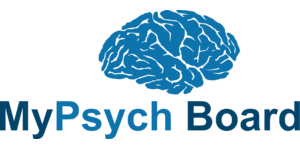Nurse Practitioner (NP) Test Prep
Board certification is the stepping stone to becoming a medical professional.
The Nurse Practitioner exam requires students to know a broad range of knowledge and be able to apply it to multiple scenarios. For many, mastering this isn’t an easy task.
That’s where the team at My Psych Board comes in!
Our Question Bank gives you the opportunity to put your knowledge to the test, giving you the confidence you need to ace your exam. We include hundreds of questions covering 16 topics to allow you to gain experience in all aspects of the NP exam.
